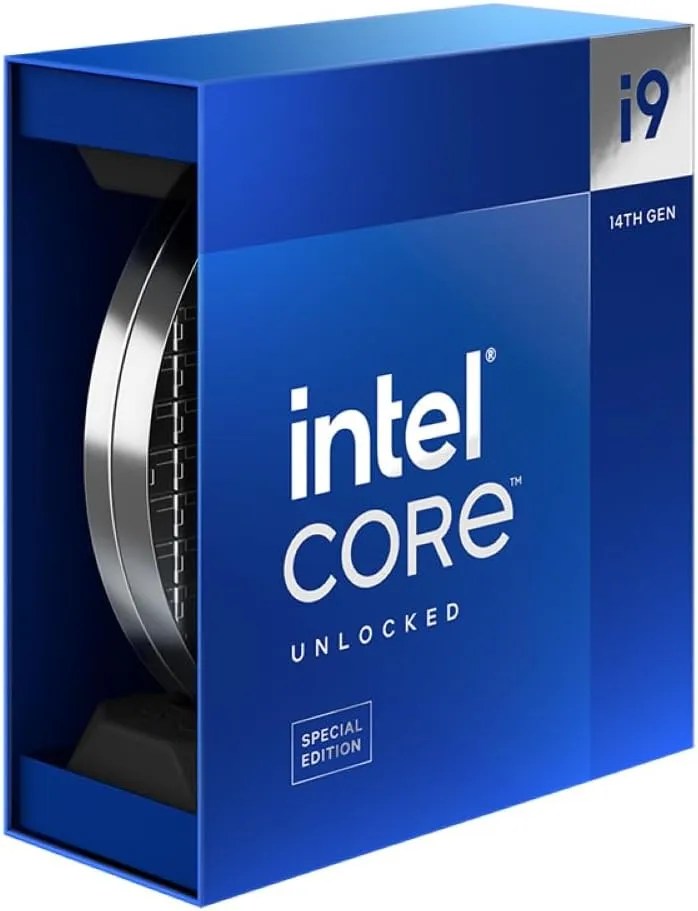Summary
A new class action lawsuit has been filed againstIntel, alleging that the company knowingly sold 13th and 14th gen Raptor Lake CPUs that were prone to instability issues and degradation. The instability issues caused a great deal of controversy forIntelthrough 2024, as the company conducted extensive investigations to find the exact cause.
After receiving user reports of crashes and performance issues in April, Intel confirmed that high voltage and frequency settings were causing a range of 13th and 14th gen CPUs to operate outside recommended settings. The increased voltage and frequency could degrade the CPU over time, leading it to become defective or completely inoperable. At the time, Intel claimed the issues were prevalent on systems utilizing underclocking and overclocking settings on 600 and 700 chipset motherboards. Although board partners and Intel worked together to release BIOS updates, the issue was not resolved, leading Intel to conduct investigations to determine the cause. The results of the investigation determined that the microcode algorithm on the affected CPUs was sending incorrect voltage requests, resulting in irregular CPU voltage and frequencies. TheseIntel Raptor Lake instability problemsstill appear to be affecting PC gamers as 2024 comes to a close.

As reported byTechspot, Intel is now being sued in the federal court in San Jose, California, with plaintiff Mark Vanvalkenburgh of Orchard Park, New York citing that he first encountered instability issues and defects with his i7-13700K in January 2023. Despite the release of Intel’s microcode patch, crashing and performance issues still arose with Vanvalkenburgh’s Intel 13th gen CPU, according to the newly filed lawsuit. Vanvalkenburgh’s lawyer expects many Intel customers will join the class-action lawsuit, since it alleges that Intel became aware of the issues and defects as far back as December 2022, shortly after the launch ofIntel’s 13th gen CPUs. Specifically, the lawsuit states that the problems customers faced were well documented in media reports and social media posts in 2022 and 2023, well before Intel began its investigation into the matter.
Intel Faces a Class Action Lawsuit for Raptor Lake Instability Issues and Defective CPUs
In the lawsuit, Intel is accused of committing fraud by omission and breaching the implied warranty of its products. Moreover, the lawsuit claims that Intel violated New York General Business Law due to the sale of the defective product in Vanvalkenburgh’s home state. It’s also worth noting thatIntel did not recall any 13th and 14th gen CPUsthat were affected this year.
Intel’s Raptor Lake microcode patch was released back in September 2024, but it only prevented Vmin shift instability from occurring, according to Intel. As a result, Intel Core 13th and 14th gen CPUs that were heavily affected or damaged must be replaced entirely.
Intel Core i9 14900KS 24-Core, 32-Thread CPU
The Intel Core i9 14900KS 24-core, 32-thread CPU is Intel’s special edition CPU take on its flagship 14th generation CPU, the Core i9 14900K.It is essentially a cherry-picked 14900K SKU that can push higher clocks with up to a minimum of 6.2 GHz on its P-Cores, making it effectively the highest-clocked CPU out of the box to date when it comes to boost clocks from Intel.It trades at a significant premium as a result and is expected, as a limited-run chip, to be a collectible SKU with high demand from enthusiasts and overclockers in 2024.